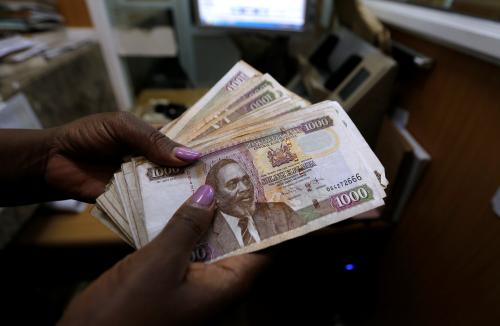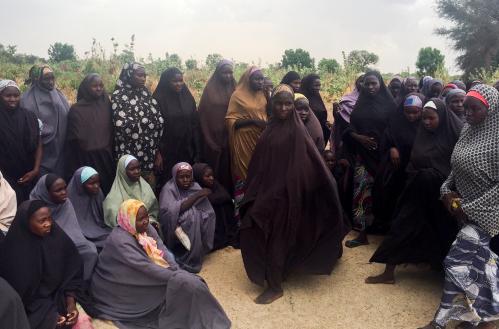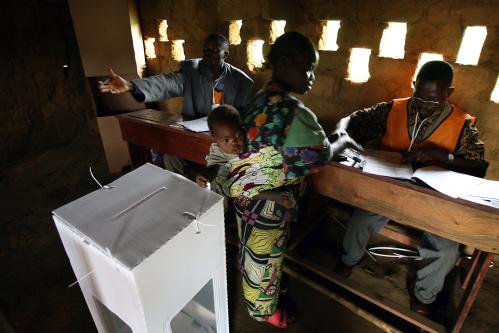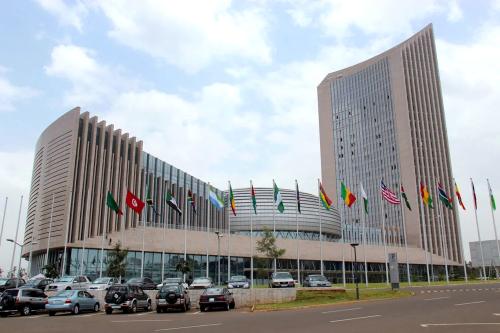Opposition leader indicted in the Democratic Republic of the Congo as election delays seem likely
Tensions in the Democratic Republic of the Congo (DRC) are mounting as elections scheduled for November 2016 appear increasingly likely to be postponed. On Wednesday, May 11, the DRC’s Constitutional Court issued a pivotal ruling that President Joseph Kabila will be allowed to stay in power if the November 2016 elections are delayed.
Delays appear to be inevitable at this point, since in January 2016, the electoral commission called for an update of the voter list before elections are held—a process which it indicated would take 13 to 16 months, requiring elections to be postponed until 2017. Meanwhile, opposition members suspect that the government aims to postpone the elections so that it can amend the constitution to allow President Kabila to run for a third term. These suspicions are causing tensions between the government and opposition to run high. On Thursday, an opposition leader, Moise Katumbi, who recently announced his candidacy for president was accused of hiring mercenaries in an attempted coup, and the government issued a warrant for his arrest. Some observers are concerned that intensifying political repression could escalate violence in the country and lead to a similar political crisis as seen in Burundi.
In other news, this week the DRC revised its plans to sell $1 billion of eurobonds, opting instead to request approximately $850 million in budgetary support from multilateral financial institutions to plug its $95 million fiscal deficit. Given high interest rates of 12 to 14 percent, Vincent Ngonga Nzinga, deputy chief of staff in the prime minister’s office, stated that the government has decided to drastically reduce the eurobond launch and rather is seeking World Bank and African Development Bank assistance, which he expects could arrive as early as September and amount to nearly $600 million.
In Nigeria, protests amid fuel price hike erupt, and first Chibok girls are found
Last week, the Nigerian government increased the price cap on imported fuel, raising the price of a liter of gasoline by 67 percent. According to Information Minister Lai Mohammed, the fuel price hike was fueled by the drastic decline in foreign earnings driven by the decline in commodity prices, which has greatly affected the country’s macroeconomic environment in recent months. This week, protests erupted in Nigeria as labor unions urged workers to strike and protest the fuel price hikes. In Lagos, the protests temporarily disturbed commercial and transport activities.
In other Nigeria news, Wednesday, the first Chibok girl was found, nearly two years after the mass kidnapping which drew worldwide attraction, notably through the #bringbackourgirls tag. The 19-year-old, Amina Ali Nkeki, was found with her four-month-old baby by the Civilian Joint Task Force (JTF), a group setup to fight Boko Haram militants. Thursday, Amina met with President Mohammadu Buhari. The meeting was criticized by aid workers, stating that Amina should be receiving mental and psychological assistance instead of making public appearances. Nevertheless, Amina was able to provide some inside information on Boko Haram practices vis-à-vis the kidnapped girls. She stated that six of the 219 abducted girls have died. She also gave the current location of the kidnapped girls and stated that Boko Haram is hiding the girls in a secured and protected location, away from the Nigerian’s army’s rescue missions.
Thursday, a second Chibok girl was rescued. She was found during a military operation against the group. Still, residents of Chibok are denying the claim and demanding more verification, as the rescued girl’s name does not figure on the official list of the kidnapped girls.
East African Community tax talks break down while Tanzania purges “ghost workers”
The East Africa Community hit a setback on Saturday, May 14, when talks over a common tax rate broke down when delegates from the six countries—who came to discuss the harmonization of the income tax, the value-added tax, and excise taxes—failed to “agree on a policy framework to guide the process.” The value-added tax, which is an important source of revenue especially for the smaller economies, was a particularly important issue, said Geoffrey Mwau, director-general at the Budget, Fiscal and Economic Affairs Department in Kenya’s National Treasury. So far, the EAC has been successful in implementing a common external tariff, a move, with tax harmonization, that will increase investment and encourage the free movement of capital, goods, and labor among the member countries.
In good news for the EAC, on Monday, Tanzania announced that it has eliminated over 10,000 “ghost workers” from its public sector payroll. These nonexistent workers were costing the government over $2 million per month. Tanzania already spends over $260 million per month on its current public payroll for over 550,000 workers. Authorities noted that the audit, which is part of a larger campaign against corruption, is still continuing.






Commentary
Africa in the news: DRC political tensions rise, Nigerians protest fuel hikes, and EAC tax talks break down
May 20, 2016